The USA Supreme Court will decide when communication between an advocate and a client can be restricted
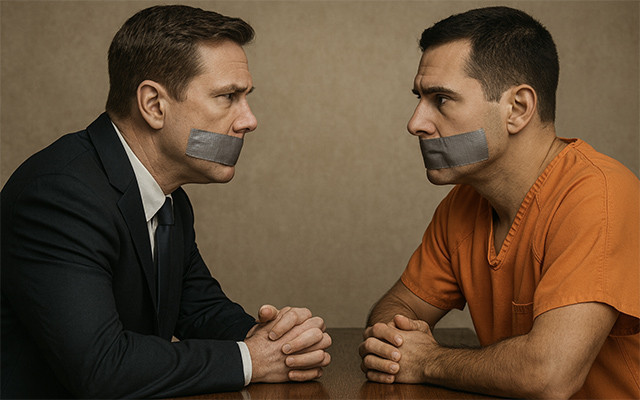
The confidentiality of communications between advocates and clients is a fundamental guarantee of protection provided by Ukrainian law. At the same time, there is ongoing debate in the United States about whether a judge can temporarily restrict this right if the defendant is in the process of giving testimony.
The precedent-setting case of Villarreal v. Texas is covered by SCOTUSblog, an online publication specializing in coverage of the USA Supreme Court.
David Villarreal, the only defense witness in his own trial, was instructed by the judge during a break in questioning by his advocate not to discuss his testimony with his defense advocates until the hearing resumed the next day.
Since the defendant was in the process of giving testimony, the advocates should not influence its content during the break. The judge compared the situation to the defendant being on the witness stand in the presence of the jury. «We are in an unusual situation, - the judge said. - You are in the middle of giving testimony. Normally, your advocate cannot consult with you about your testimony in the middle of the trial when the jury is hearing it. So I want to say that you cannot consult with your advocate, but at the same time, you have the right under the Sixth Amendment (an amendment to the USA Constitution that guarantees every defendant the right to effective assistance of counsel - ed.) to communicate with your advocate. I will ask you both to pretend that Mr. Villarreal is still on the witness stand».
The advocates objected but complied with the order. The next day, he continued his testimony and was subsequently sentenced to 60 years in prison.
Citing a violation of the right to effective legal assistance, the advocates appealed the verdict. However, the Texas Court of Criminal Appeals found that the balance between the right to defense and preventing the advocate's influence on the defendant's testimony had been maintained.
Precedents of the USA Supreme Court outline different approaches: in Geders v. United States (1976), a ban on any communication during the night break was found unconstitutional, while in Perry v. Leeke (1989), a 15-minute daytime ban was allowed.
Several state supreme courts have interpreted these precedents as allowing courts to prohibit advocates from discussing testimony with their clients at night if other aspects of the trial can be freely discussed. At the same time, several federal appeals courts have ruled that clients have the right to consult with their advocates at night, even about their own testimony.
In the Villarreal case, the defense insisted that the «no direct discussion of testimony» rule was unrealistic. After all, in practice, it is impossible to separate conversations about testimony from other key defense issues. In such a situation, advocates will be afraid to give advice, fearing accusations of «coaching» or «correcting» testimony. Moreover, the rule threatens the confidentiality of communication between advocate and client, since the only way to control it is for the court to ask the advocate: «What did you discuss with your client last night?».
On the other hand, the advocates in the case agreed to the ban on direct discussion of testimony and did not report any problems in communicating with their clients the next day.
On October 6, the USA Supreme Court will hear the case of Villarreal v. Texas. It is expected to determine the permissible limits of communication between an advocate and a client during breaks in the trial.
Popular news
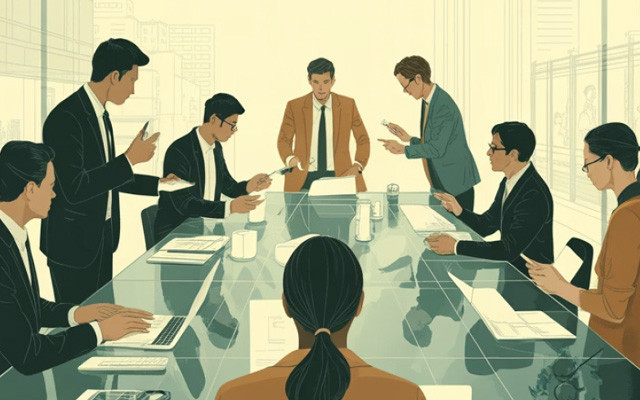
Edition
Advocate or lobbyist? The UNBA has presented a guide to distinguishing between the professions
The Ukrainian National Bar Association has prepared a guide that helps distinguish between the legal status of an advocate and a lobbyist, explains the limits of permissible activities for each, and prevents possible violations of ethical and legal standards when participating in public policy-making.
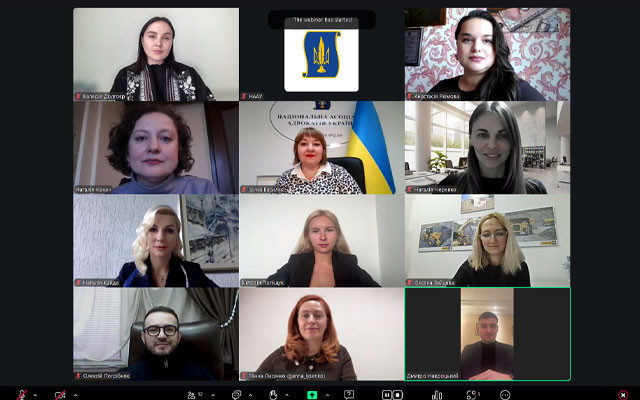
Discussion
Occupational safety during wartime: legal risks and employer liability
On October 21, the National Bar Association of Ukraine held a round table discussion on «Occupational safety in conditions of martial law». Participants discussed how the war has changed the requirements for safe working conditions, what guarantees remain for employees, and what responsibility employers bear for violations of legislation in this area.
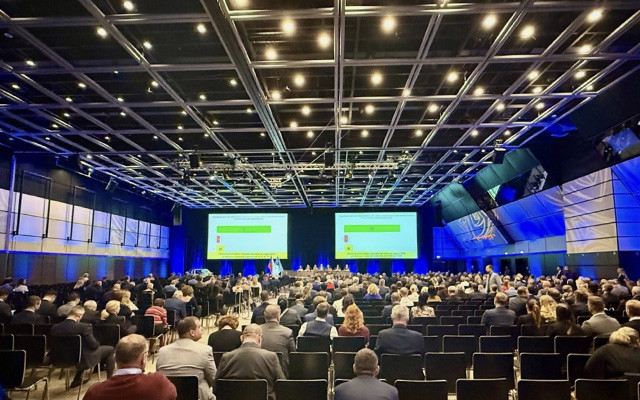
Abroad
The Czech advocacy has spoken out in defense of the professional independence of its Ukrainian colleagues
The Czech Bar Association (Česká advokátní komora, ČAK) will appeal to Ukrainian President Volodymyr Zelenskyy and Ukrainian authorities to ensure the preservation of the independence of advocacy in Ukraine.
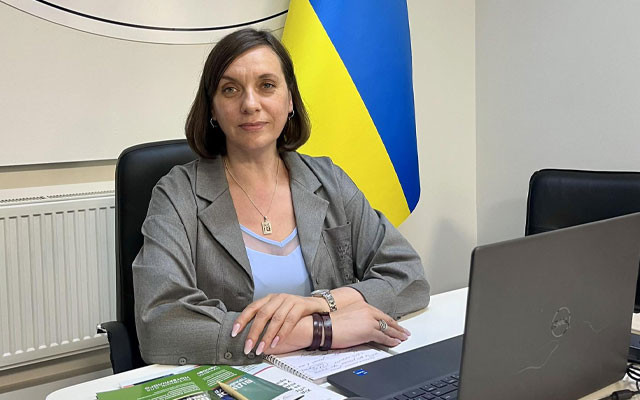
Legal defence of military personnel
When agreement is (im)possible: family disputes involving military personnel
The number of family cases involving military personnel is growing, with the most common issues being divorce, division of joint property, alimony, deprivation or contestation of parental rights, adoption, establishment of guardianship, and cases related to domestic violence.
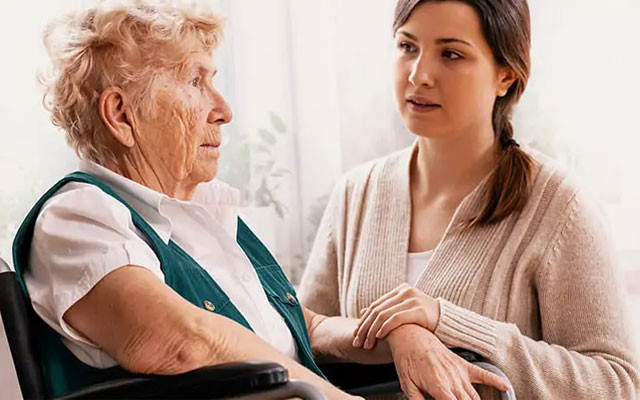
Legislation
UNBA warned about the risks of uncoordinated changes regarding incapacitated persons
The Ukrainian National Bar Association supports the idea of strengthening guarantees for persons declared legally incompetent by a court, but warns against adopting changes that are not coordinated with each other. To ensure real, rather than declarative, protection of rights, a systematic review of the provisions of the Civil Code and the Code of Civil Procedure is necessary.
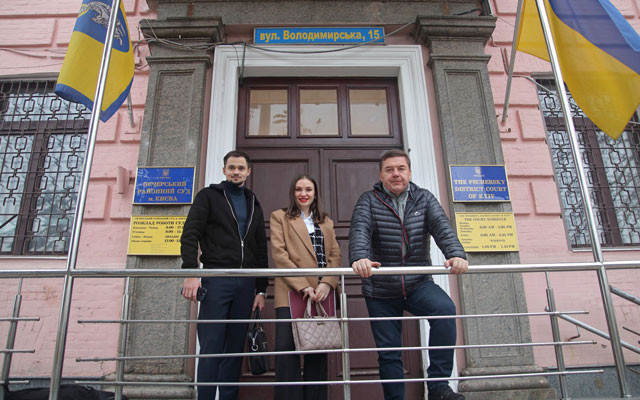
Guarantees of the practice of law
Illegal mobilization of an advocate: UNBA achieved the opening of criminal proceeding
In the case of the beating of a Zakarpattia advocate, the cancellation of his deferment and his forced mobilization, the Pechersky District Court of Kyiv ordered the Office of the Prosecutor General to immediately enter the information into the Unified Register of Pre-trial Investigations and initiate criminal proceedings.
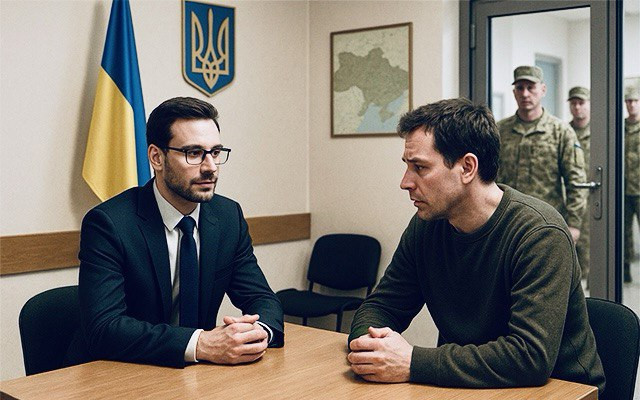
Guarantees of the practice of law
BCU will request that rooms for advocates to work in be created in all TCC
The Bar Council of Ukraine will appeal to the General Staff of the Armed Forces and the Ministry of Defense with a request to set up separate premises for advocates to work in all territorial recruitment and social support centers.
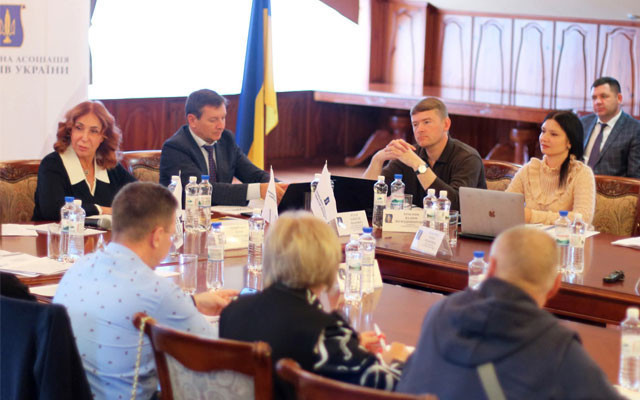
Self-government
BCU condemned information attacks on advocacy
Bar Council of Ukraine strongly condemned the coordinated campaign to discredit advocacy, in particular the leadership of the Odessa region bar association. Protecting colleagues from manipulation and misrepresentation became a separate item on the agenda of the BCU meeting on October 17–18.
Publications

Censor.net Protecting advocates – protecting justice: addressing concerns about the new law

Ihor Kolesnykov A BRIEF SUMMARY REGARDING THE APPLICATION OF THE ORDER ON EXTENDED CONFISCATION IN LATVIA REGARDING FINANCIAL ASSETS OF…

Valentyn Gvozdiy WORKING IN A WAR ZONE

Lydia Izovitova Formula of perfection

Sergiy Vylkov Our judicial system is so built that courts do not trust advocates

Iryna Vasylyk Advocacy in the proclamation of Independence of Ukraine

Oleksandr DULSKY When we cross the border of the Supreme Anti-Corruption Court, we get into another department of the National Anti-Corruption…

Vadym Krasnyk The UNBA will work, and all obstacles and restrictions are only temporary inconveniences
